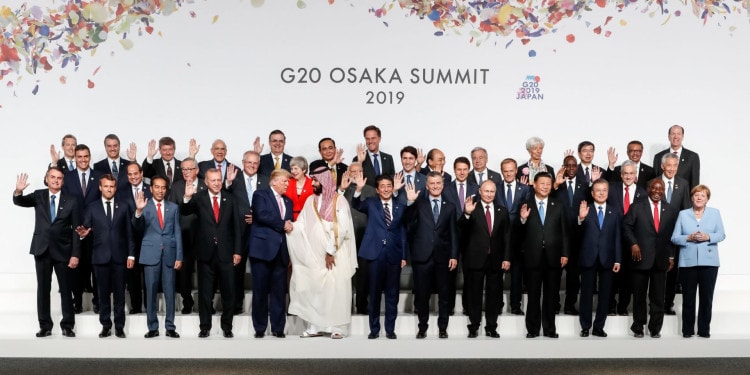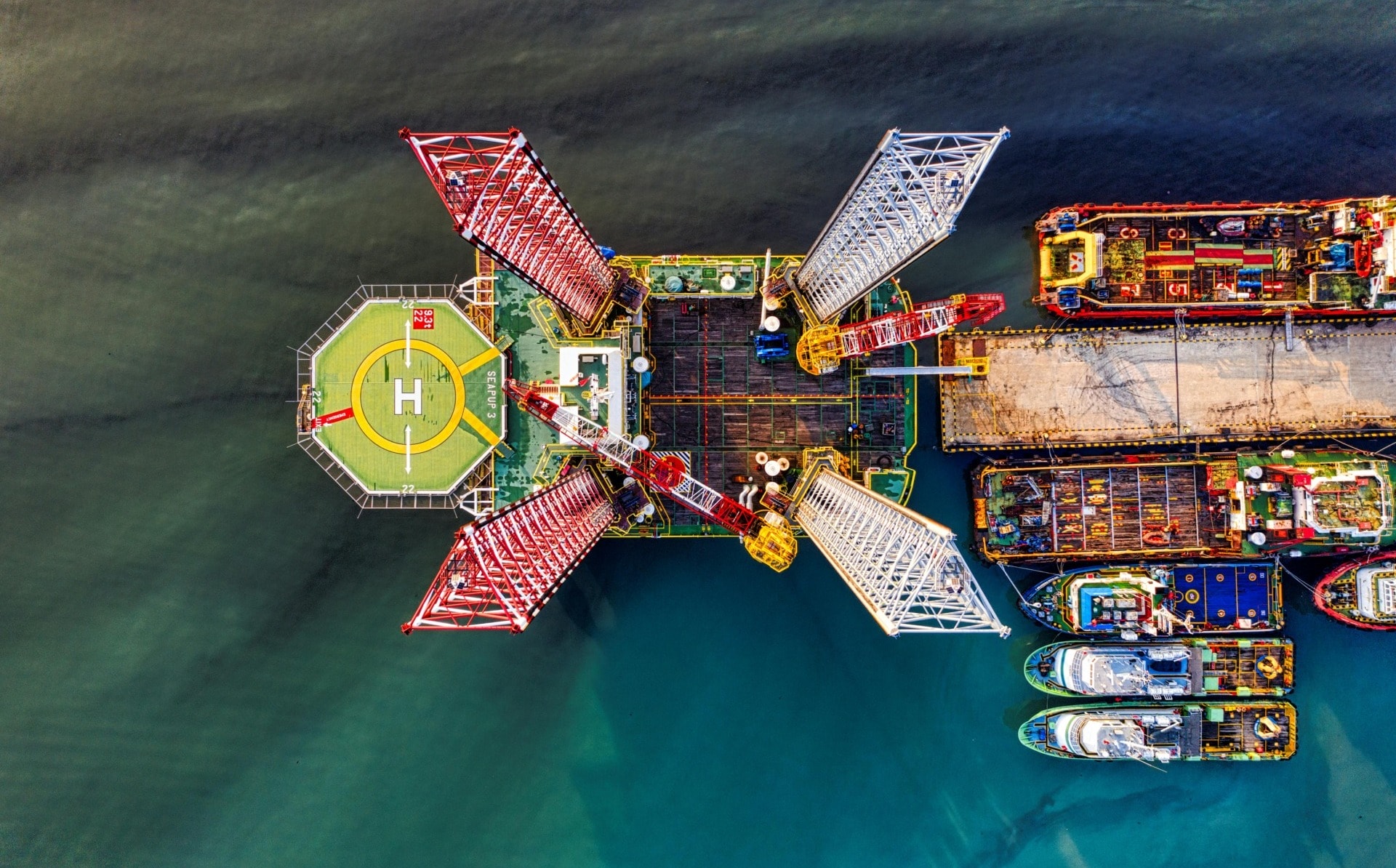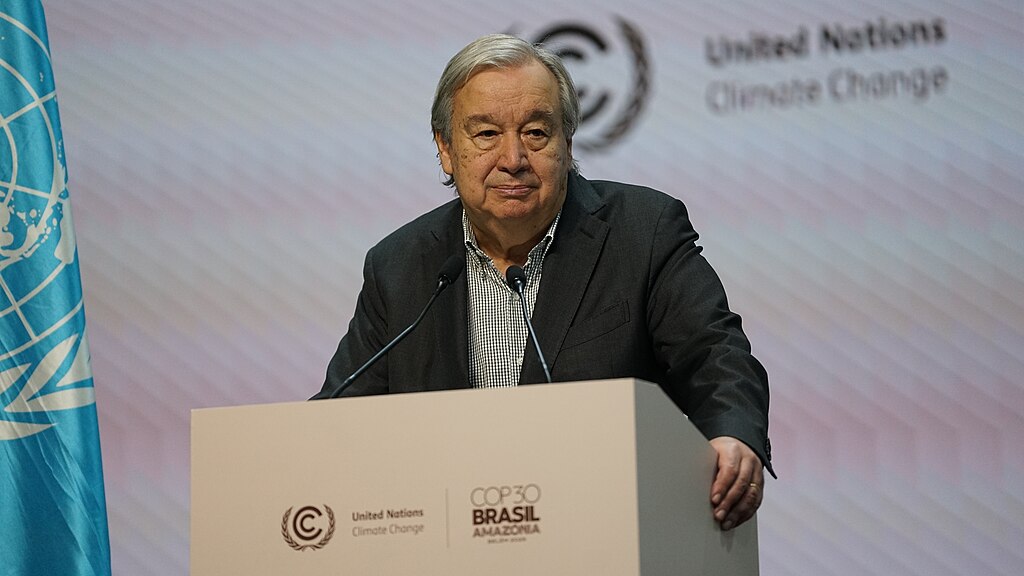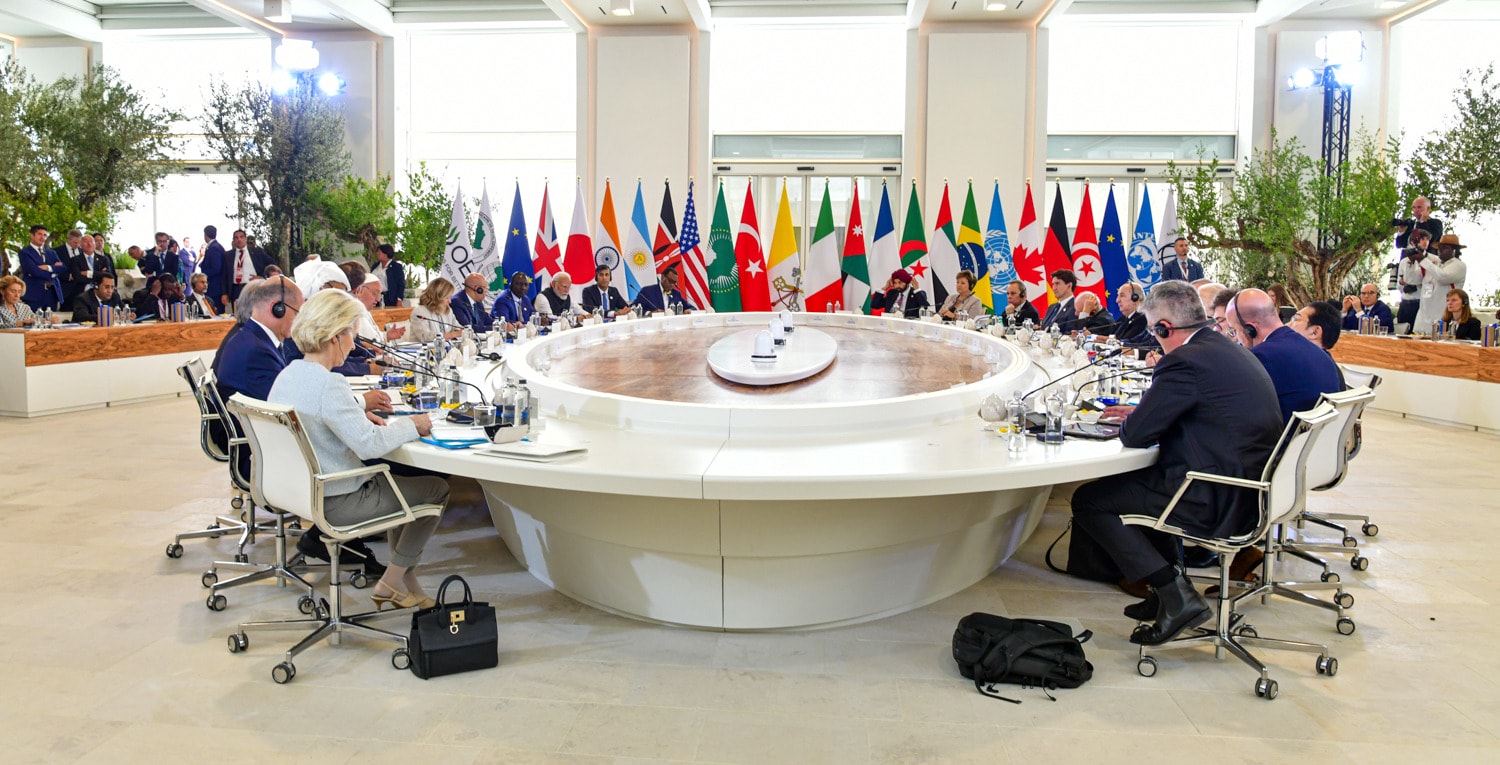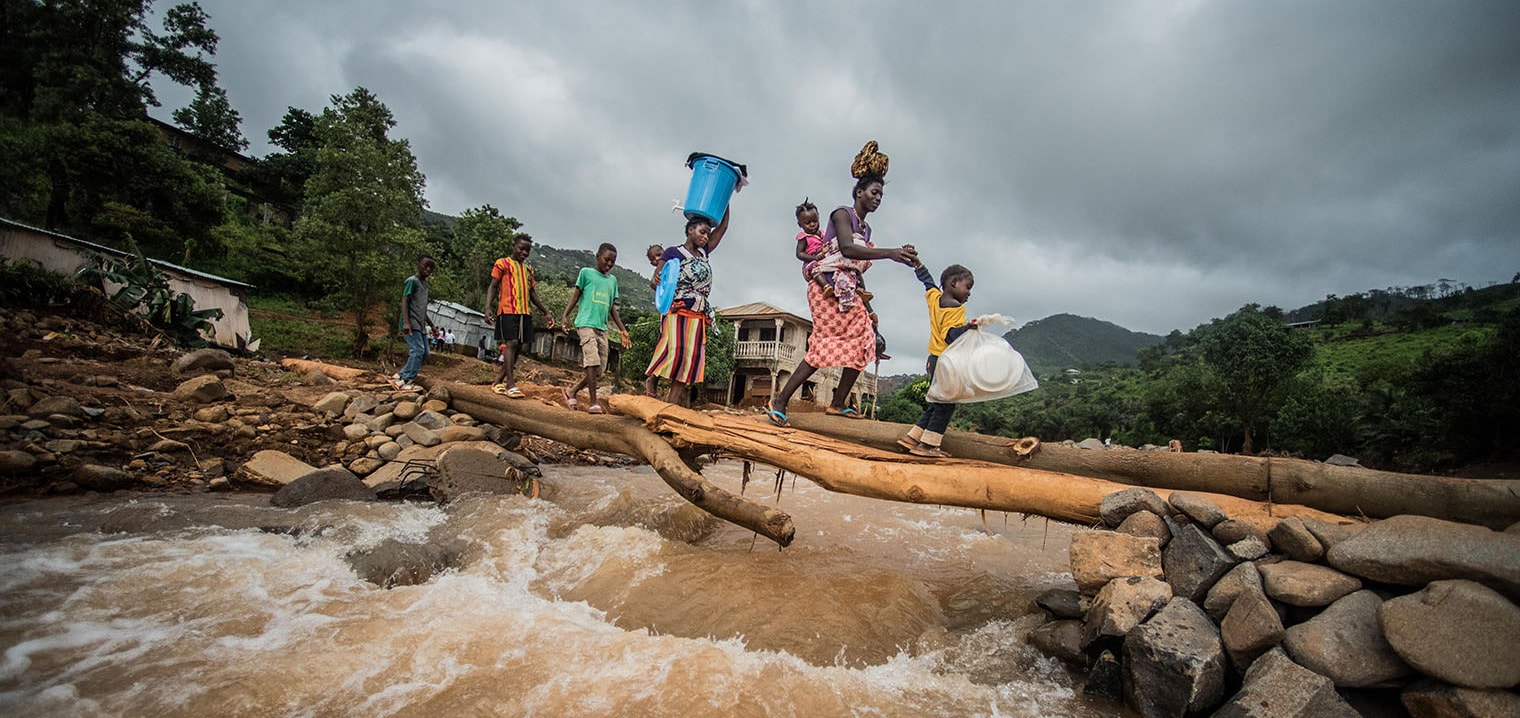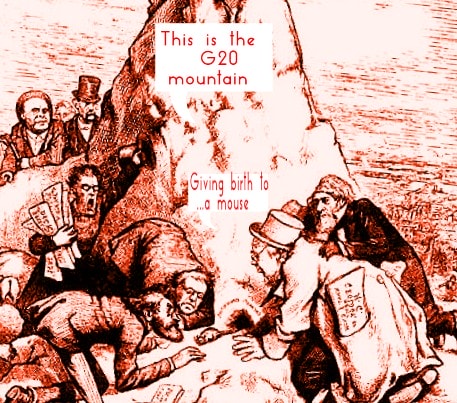Two crisis-ridden developments are currently threatening humanity in its existence: the climate crisis and a possible nuclear war. There is wide-ranging agreement on the issues surrounding climate change, although there is no easy solution to the problem despite the assertions of many governments that climate-damaging processes will soon be managed. In contrast, the subject of nuclear war and the risk of nuclear disasters is now largely out of the public consciousness.
 Vocal peace movements and the end of the Cold War led to a temporary reversal, which has long since given way to an armament of unprecedented proportions. It is true that the number of nuclear warheads has dropped from more than 70,000 at the end of the East-West conflict to less than 14,000 today. However, this is still more than enough to destroy the globe many times over. Above all, the modernization of weapons particularly in the US, China, and Russia, as well as the nuclear ambitions of countries such as Israel, North Korea, India, and Pakistan, increase the risk of armed conflict and the possible use of nuclear weapons.
Vocal peace movements and the end of the Cold War led to a temporary reversal, which has long since given way to an armament of unprecedented proportions. It is true that the number of nuclear warheads has dropped from more than 70,000 at the end of the East-West conflict to less than 14,000 today. However, this is still more than enough to destroy the globe many times over. Above all, the modernization of weapons particularly in the US, China, and Russia, as well as the nuclear ambitions of countries such as Israel, North Korea, India, and Pakistan, increase the risk of armed conflict and the possible use of nuclear weapons.
Related topics: Is World War III Next? – Trump’s War on the WHO – We are losing the climate war. Can we fight back in 2020?
Military spending is rising rapidly and has reached more than USD 1,800 billion a year—a level exceeding that at the end of the Cold War by more than 50 percent.
Where will this lead to, in a situation when NATO demands further increases in military spending, when China wants to keep up globally, when Russia pursues a policy of imperial expansion, when India reacts to China and the Saudis, like Iran in the Middle East, are fueling a regional arms race?

We can observe connections and effects between climate and arms policies, most clearly reflected in the wars and violent conflicts of recent decades. Such as the movements of refugees, migrant flows and corresponding backlashes. Although the risks of both climate change and rearmament are well known, there is currently no reversal of these trends in sight. The two crises are heading for a seemingly unavoidable catastrophe. After the old-world order with a fairly functioning multilateralism compromise and a ‘give and take’ of nationalist aspirations have been replaced by a ruthless pursuit of supposed self-interest, climate agreements that are questioned and terminated, arms control forums that are absent and corresponding contracts that are torn apart.
No doubt, the arms control treaties between the previous two main adversaries, the Soviet Union/Russia and the United States, which were effective in the 1980s and 1990s, have now fallen out of time. Today it is no longer a question of system antagonism, but rather the unbridled arms race that threatens the whole of humanity. That is why geopolitically ambitious powers such as China, India or Saudi Arabia, must be involved in arms control efforts to reverse this disastrous trend. The G20 summits ought to be a “natural” forum.
The 19 G20 member countries and the EU account for 82 per cent of global military spending. Almost all arms exports are accounted for by the G20 and 98 per cent of nuclear warheads are stored in their arsenals.
The geopolitical interests that are causing armaments or even arms races in Europe, South-East Asia and the Middle East are concentrated in the G20. Likewise, the members of this apparent exclusive club are the main causes of climate change, and climate change deniers can also be found here. The 19 members Argentina, Australia, Brazil, Canada, China, France, Germany, India, Indonesia, Italy, Japan, Mexico, Russia, Saudi Arabia, South Africa, South Korea, Turkey, United Kingdom and USA bear the main responsibility for the disaster trends.

But why is disarmament and arms control never on the agenda at the G20’s regular annual meetings? In principle, there are three possibilities to initiate positive policies: scientifically sound risk analyses, i.e. an appeal to reason, public pressure and adherence to one’s own values, above all respect for human rights and international law, especially if they are attacked by others. The presentation of scientific analyses and public pressure is currently being practiced in response to the climate crisis. The overwhelming number of scientific studies has shown where and how to start in order to reverse the trend. But it wasn’t until the “Fridays for future” movement gained momentum, and the scientific warnings and popular protest combined to form a forceful movement that governments, though by no means all, began to take more serious action.
Perhaps the lack of high-profile public protest against the current rearmament is the reason for the lack of disarmament and arms control forums. The causes and dangers of violent conflicts, the harmful side effects of arms exports and the still existing threat of nuclear war have been researched and documented in numerous studies. Nevertheless, the arms control dynamics of the 1990s are gone. The scientific analysis of the dangers of war, the political and economic warnings of further armament are not accompanied by effective public protest of the peace movement.
The G20 should be the target of such a protest movement. At the next annual meeting in Saudi Arabia in November 2020, something will change for the better only if the perpetrators of the crisis that are gathering there have to take note of a global protest movement.
The call “Disarm the G20!” should shake up those that are responsible for the climate and arms crisis.
This includes sticking to the above-mentioned values of human rights and international law in this circle that is divided over climate and armaments. The EU and its members have a particular responsibility. If European countries continue to supply arms to countries in war such as Turkey and Saudi Arabia, and are seemingly quiet about human rights abuses in China, it is hard to hope for forward-looking decisions in the G20. Only lip service to European values, coupled with the fear of jeopardizing the business of some arms or oil companies and car manufacturers, is not enough to prevent the catastrophes that are endangering humanity.
About the author: Herbert Wulf is Professor of International Relations (retired) and was Director of the Bonn International Center for Conversion (BICC). He is presently a research associate at BICC and an Adjunct Senior Researcher at the Institute for Development and Peace at the University of Duisburg/Essen, Germany. He served as consultant to the United Nations Development Programme in Pyongyang, Democratic Peoples’ Republic of Korea on capacity building in disarmament in 1991 and on several occasions between 2002 and 2007.
EDITOR’S NOTE: The opinions expressed here by Impakter.com columnists are their own, not those of Impakter.com.


